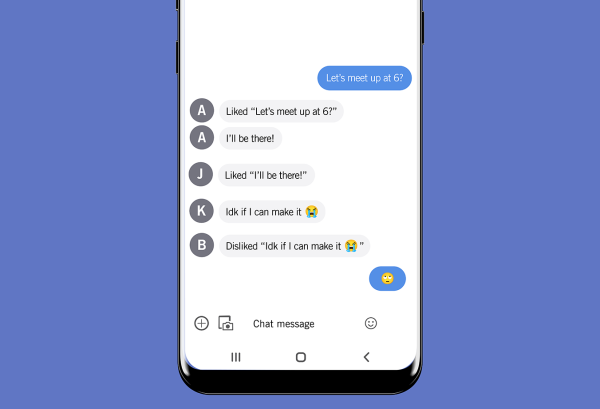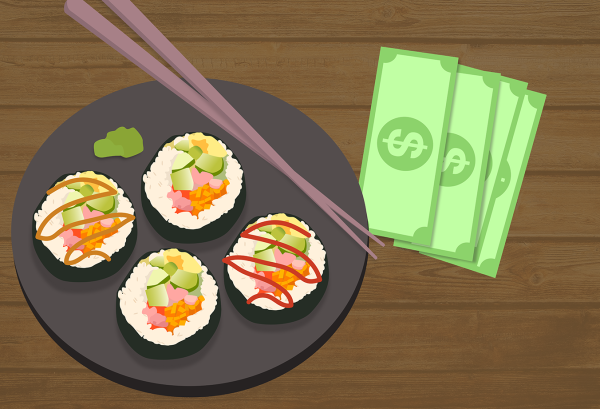Cyntoia Brown doesn’t need to apologize
January 15, 2019
You probably know Cyntoia Brown’s name. If you don’t know her name, she is the 16-year-old who was sentenced to life in prison with the possibility of parole after 51 years for killing a 43-year-old man who bought her for sex in her efforts to escape both him and a dehumanizing environment of teen prostitution.
Brown was granted clemency on Jan. 7. After serving 15 years in prison, she will walk free (on supervised probation) in August at the age of 31.
The New York Times reported on the exciting development in Brown’s case, quoting the woman’s reaction: How she thanked the governor “for your act of mercy in giving me a second chance. I will do everything I can to justify your faith in me.”
Brown’s need to be apologetic or subservient (or her perception of the need) is indicative of a culture that sexualizes girls and women and then punishes them for attempting to break free. She shouldn’t need to say or indicate “I’m sorry.”
And it isn’t mercy to free someone who was wrongfully imprisoned.
The “horrific crime” (as it has been called) that Brown committed as a teenager was defending herself from a perceived threat: USA Today reported that Brown thought the man who picked her up at a Sonic was reaching for a gun, and so she shot him first. The man she killed was a real estate agent in his forties. She was 16 and stuck in a spiral of exploitation.
She thanked the justice system for giving her a second chance when in fact they failed her to begin with and are failing her now. She has been granted clemency, which does not void her charges. Her sentence has merely been commuted and she will be supervised for the next 10 years of her life. She will need to go to counseling sessions and do community service. The system she is thanking is the one that robbed her at age 16 and still asserts that defending herself was a “horrific crime” that the last decade of her life behind bars have still not amended.
During her time in prison, Brown has earned a GED and college education.
Her case, if nothing else, should prove going forward that girls in at-risk situations are brilliant people who have become victims of many of society’s flaws. They need nurturing, not imprisonment, especially when they have done nothing more than defend their own lives. We must stop feeding into a culture of exploitation that punishes a girl for defending herself and glorifies predators.




















































































































































